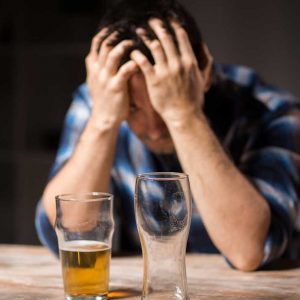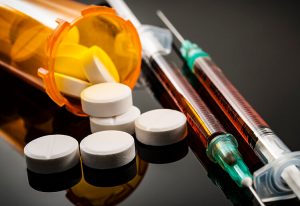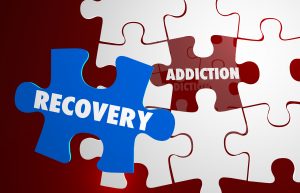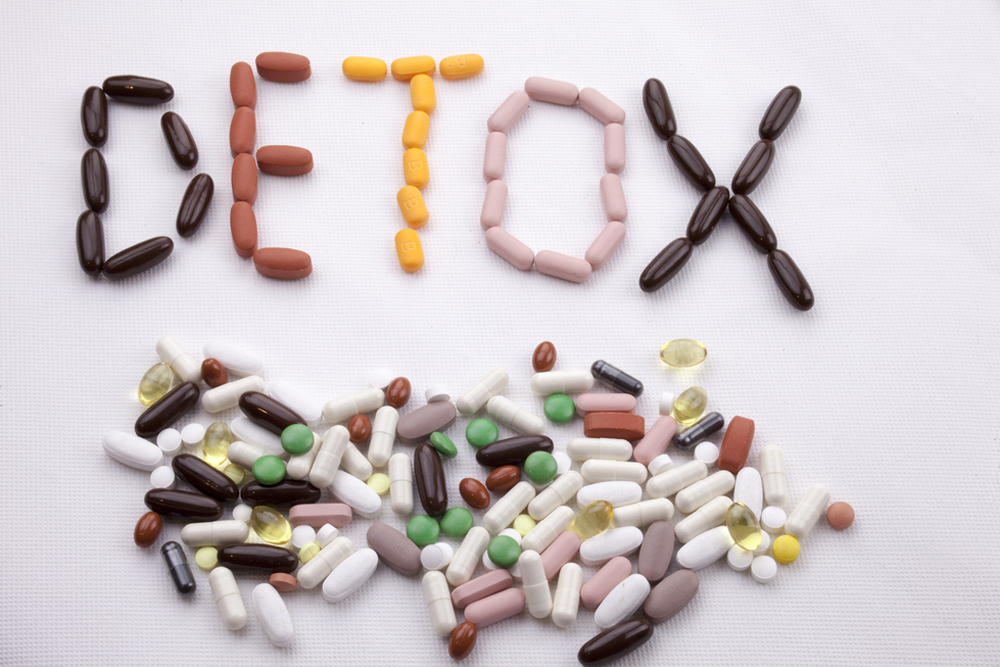Drug detox is a common first step in addiction recovery methods. It is meant to address withdrawal symptoms, which are the unpleasant side effects of trying to quit drug use. Typically, drug detox is supervised by medical professionals, and some medications can be used to help manage withdrawal.
If you suffer from a drug addiction and are going through detox, the medications prescribed to you will depend on what substance you have been using. Here are some of them.
For alcohol addiction
 Alcohol is a common substance to get addicted to. It’s a legal drug, and anyone at least 21 years of age can get alcohol at almost any store.
Alcohol is a common substance to get addicted to. It’s a legal drug, and anyone at least 21 years of age can get alcohol at almost any store.
Drinking alcohol is fine, as long as you do it moderately. Excessive drinking, however, can lead to alcohol addiction.
Figures from the National Institute on Alcohol Abuse and Alcoholism (NIAAA) estimate that 17 million Americans over the age of 18 suffered from alcohol use disorder in 2012.
If you have this addiction and try to quit drinking suddenly, you could experience any of these withdrawal symptoms. They range from mildly irritating to life-threatening.
- Headaches
- Insomnia
- Nausea and vomiting
- Unusually fast heart rate
- Fever
- Hallucinations
- Convulsions
- Delirium tremens (DT)
DT, in particular, is a severe alcohol withdrawal symptom. It can even prove fatal when it isn’t treated promptly.
During alcohol detox, you may be given benzodiazepines and antidepressants. Benzodiazepines, like Valium, Librium, and Diazepam, are used to slow down activity in the central nervous system. This in turn helps relieve alcohol withdrawal symptoms. These drugs also calm you down and prevent convulsions.
You may also be prescribed antidepressants, which combat the anxiety symptoms that sometimes accompany alcohol withdrawal. Some of these drugs include desipramine, phentermine, and fenfluramine.
For opioid addiction
 Opioids, like hydrocodone, oxycodone, and codeine, are popularly used as pain relievers. However, they have the potential to become addictive, so they must be used carefully.
Opioids, like hydrocodone, oxycodone, and codeine, are popularly used as pain relievers. However, they have the potential to become addictive, so they must be used carefully.
Even when under prescription, some people misuse opioids by taking higher doses than they need to. In effect, they later become addicted to them. Also, opioids produce euphoric effects when taken, which adds to their addictive properties.
Opioid abuse has become so serious in the United States that it’s now an epidemic known as the opioid crisis. According to 2012 statistics from the National Survey on Drug Use and Health, 1 in 22 Americans over the age of 12 have admitted to misusing prescription opioids.
If you have an addiction to opioids and are going through detox, you could experience these withdrawal symptoms:
- Irritability
- Fatigue
- Nausea
- Hot flashes
- Anxiety
- Faster breathing
- High blood pressure
- Profuse sweating
- Muscle cramps
- Restlessness
Although not life-threatening, these withdrawal symptoms can get very uncomfortable. During opioid detox, you will also be given medications to help relieve these symptoms. Additionally, these medications also help with the detox process.
Methadone is a common medication used for opioid detox. Methadone is itself an opioid, but it is not addictive, so it’s used to counteract withdrawal and cravings for other opioids. Methadone use for detox must still be done carefully, though, as it can also create dependence in the long term.
Another medication used for opioid detox is called naltrexone. It’s not used to counteract withdrawal symptoms, though. Instead, naltrexone is used as part of a long-term treatment plan for opioid addiction. It will be prescribed to you after most of the opioids have been eliminated from your body.
In case of an overdose, a drug called naloxone is used. It reverses the effects of opioid overdose, and it can save your life.
If your opioid withdrawal symptoms are not severe, doctors may prescribe you with naltrexone and naloxone during detox.
Gradually reducing drug dosage
In most medically-assisted detox programs, they use a technique called “tapering off.” In other words, your intake of drugs is reduced each day until you take none of them anymore. Tapering off is much better than suddenly stopping drug use, as it does not produce intense withdrawal symptoms. But as with any drug detox procedure, this needs to be done with supervision from medical professionals.
When your drug usage is tapered off, this does not mean you will not experience withdrawal symptoms anymore. You will still get them, and you may still need medications to help you manage them. Both tapering off and using medications are helpful techniques to reduce the discomfort of withdrawal.
Addiction recovery is not just about medicines
 Remember that drug detox is just the first part of a complete drug recovery program. Medications alone will not solve your addiction problems. Also, medications are not meant to cure your addiction. They are only there to relieve withdrawal symptoms during detox.
Remember that drug detox is just the first part of a complete drug recovery program. Medications alone will not solve your addiction problems. Also, medications are not meant to cure your addiction. They are only there to relieve withdrawal symptoms during detox.
After your body has been cleared of all traces of drugs, the next part of recovery begins. This is where you go through a variety of psychological therapies, such as cognitive behavioral therapy, motivational enhancement therapy, contingency management, counselling sessions, and many others. These therapies aim to educate you on how you developed your addiction, as well as healthy coping mechanisms that don’t involve addictive substances.
Other therapies may also involve your family. They are taught how to properly deal with the effects of the addiction. Also, they are trained on how to be your best support system during your road to recovery.
You may also be encouraged to join support networks. That way, you’ll be part of a community of people working towards the same goal – living a drug-free lifestyle.
When you follow the treatment regimen properly, you will only use medications for a short time. Eventually, you will be able to live with neither the drugs nor the medications used in detox.
You’ll be able to reintegrate into society, keep a job, have healthy relationships with your family and friends, and finally leave your old drug-dependent life behind.
Successful recovery also needs follow-up
After your recovery program is complete, aftercare is equally important. You need people who will support you after rehab to continue in your sober lifestyle. Continued support will also decrease the chances of relapse.
